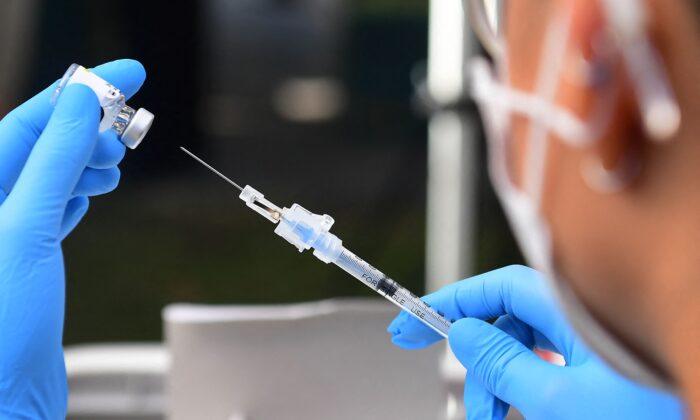The Australian government says it will be ready to provide Pfizer vaccinations to children younger than 12 once they receive approval from the TGA.
Pfizer has sought emergency approval with the FDA in the U.S. to administer a lower dose to children aged between 5 and 11 following successful trials.
The Australian government, since September, have encouraged Pfizer to apply to the TGA for approval to vaccinate children as young as 5.
Australian Defence Minister Peter Dutton said that the decision made to vaccinate under-12s is not political.
“We have the TGA (Therapeutic Goods Administration) and all sorts of approval processes,” he said on the Nine Network on Friday.
“They don’t approve vaccines without the most rigorous testing, and we should take heart from that.”
“If they approve it, then the government will act on that straight away, but it’s a decision for the scientists.”
Dutton also noted that evidence showed COVID-19 did not affect children the same way as adults.
However, TGA’s studies on Pfizer vaccines indicate that young adults younger or equal to 19 years of age have the highest risk of myocarditis-like cases after vaccination.
Until Sep 26, this age group had a rate of 1.4 myocarditis-like cases per 100,000 doses of Pfizer vaccine as compared to 0.8 and lower in all other age ranges.
Furthermore, the cases are more common in teenage boys after the second dose. These findings concur with other overseas drug regulators. However, TGA stated that myocarditis-like cases are usually short-lasting and resolved after treatment and rest.
Victoria recorded 1838 new COVID cases on Friday, setting a new single-day record for any jurisdiction since the pandemic began last year.
Meanwhile, Queensland and Western Australia have been urged to boost increase their vaccination rates; the two states were the last two states to reach the 50 percent vaccination thresholds for over-16s.
Dutton said COVID-free parts of Australia could not stay in lockdown indefinitely.
“Thinking that you could lock down and pretend like it’s not going to come to Queensland or not going to come to Mackay or into Perth or Fremantle is complete nonsense,” he said.
Infectious disease physician Katherine Gibney from the Doherty Institute said states like Queensland not opening up their borders until higher vaccine thresholds were met made sense.
Additionally, she noted double-dose vaccine targets of 70 and 80 percent are reasonable targets for states and territories to begin the reopening process.
Nationally, nearly 60 per cent of over-16s are fully vaccinated.





